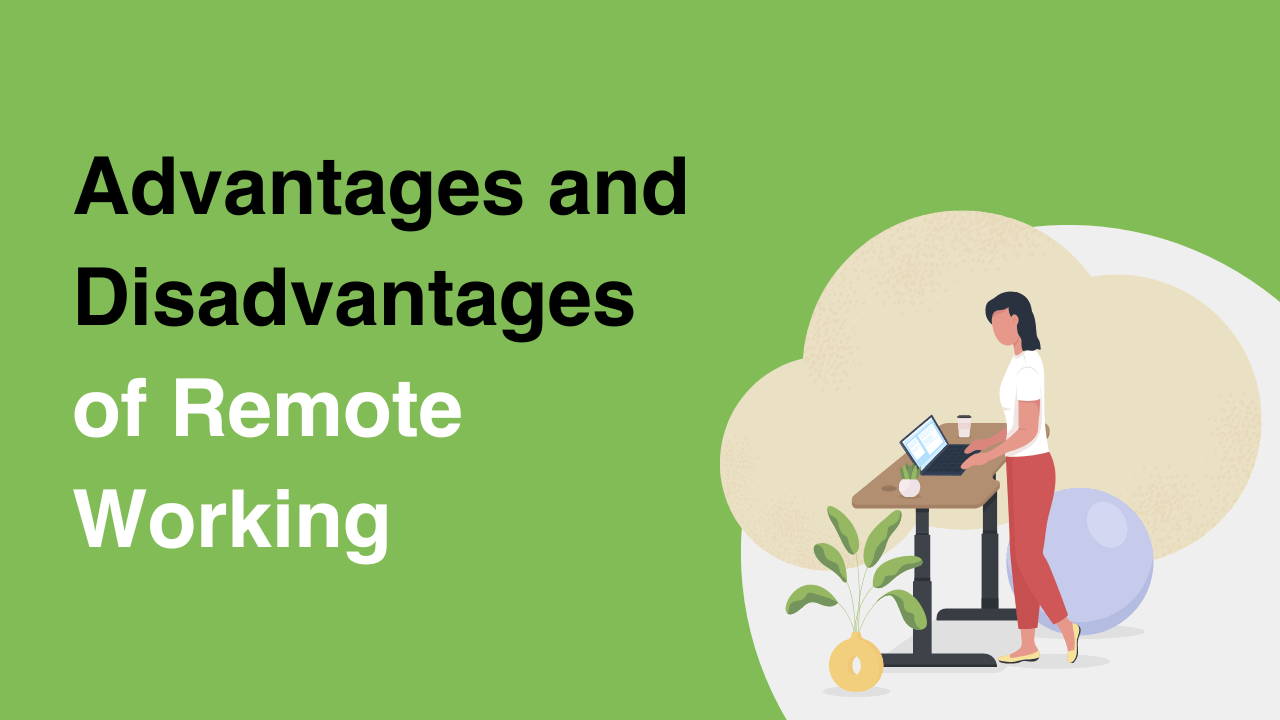Working fully remotely is a hot topic of discussion in the current job market and seems to be even more prevalent within IT based positions. Although fully remote positions are becoming far more common on the market, they certainly aren’t the new normal. Many companies are reluctant to transition to fully remote working, but opt into hybrid working models instead in order to give employees the benefits of working from home as well as working within an office environment.
The Benefits of Working from Home
Flexibility
Remote working offers much more flexibility when it comes to finding your next role, as you don’t have to rely on the location of the business in which you are applying for. When working remotely, you are not limited to the space in which you work. Whether you’re on the road, or at home, the only thing that matters is that you are working.
Work-life Balance
By working remotely, you can have a healthier work-life balance. There are several factors which contribute to this. You eliminate the time taken commuting to and from work, which in turn gives you more time to spend doing what you want to do. By working from home, you are also able to spend your lunch catching up with chores, as well as having the flexibility to take deliveries any time.
Cost savings
With the current cost of living rapidly increasing, we are all looking to save money where we can. By eliminating the commute to work, you potentially already saving a substantial amount of your income. There are many other factors also which could save you money, from parking to lunch costs.
Distractions
There’s lots of evidence to show that remote workers can be more productive. By eliminating the distractions of a traditional workspace, you are able to prioritise your workload in order to efficiently approach tasks.
Disadvantages of Working from Home
Boundaries
The blurring of boundaries is a conversation I’m having more and more frequently as of late when talking to candidates moving back into office-based work. When working completely remotely, it becomes difficult to disassociate work from your home life. For some people, by working from home you never really feel like you’ve finished work.
Social Isolation
Remote working can easily become very isolating, as you no longer have that face-to-face interaction which you would find in an office environment. This can also lead to reduced productivity as well as poorer team cohesion.
Lack of Visibility
By working remotely, you may find yourself with a lack of visibility & recognition within your current place of work. There are many key qualities within employees beyond the key skills needed for the job which may not easily be recognised.
Limited Access to Resources
Depending on the nature of the job, remote workers may face limitations in accessing certain resources or equipment that are readily available in an office setting. This can affect productivity and efficiency in completing certain tasks.
In conclusion, adopting a hybrid working model that combines the benefits of remote work and office-based work is an optimal solution. This approach allows organizations to address the drawbacks of fully remote work while incorporating the advantages of flexibility and improved work-life balance. By finding the right balance between remote and office-based work, companies can maximize productivity, collaboration, and overall employee well-being.
Connect with me on LinkedIn for more tips & news in the IT & digital space. If you’re currently on the hunt for a new role, check out our careers page.





